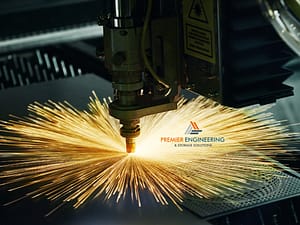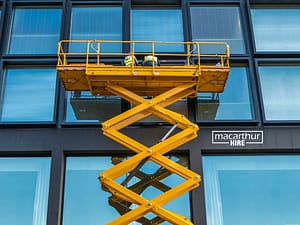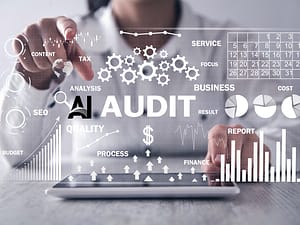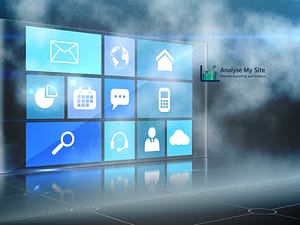Introduction
In bustling foodservice locales like New South Wales, a reliable supply of ice is essential for businesses, from cafés to bars to event caterers. Owners face a crucial decision: should they invest in purchasing their ice machine, or does renting one align better with their financial strategy? This article will delve into the economics of both options, with a focus on the cost implications within the context of New South Wales.
Assessing the Needs of Your Business
Before deciding on purchasing or renting, it’s crucial to assess your ice consumption:
- Daily Usage: How much ice does your business use daily? This will determine the size and production capacity of the machine you need.
- Peak Demand: Consider your peak business periods. During summer months in NSW, ice demand can skyrocket.
- Growth Projections: Factor in any expected business growth. A machine that suits you now might not meet your needs in two years.
Upfront Costs and Financing Options
The initial outlay for a commercial ice machine can be significant:
- Buying Costs: Purchasing a new commercial ice machine in NSW can range from AUD 2,000 for basic models to over AUD 10,000 for high-capacity, top-of-the-line units.
- Financing: Many suppliers offer financing options. For example, a AUD 5,000 machine financed over 5 years can cost around AUD 100 per month, subject to interest rates and terms.
- Renting: Rental agreements typically require no initial investment, with monthly costs ranging from AUD 100 to AUD 300, depending on the machine’s size and output.
Long-term Savings and ROI Considerations
When it comes to long-term financial planning, both options have their merits:
- Cost Over Time: Owning a machine means it becomes a business asset, which can be depreciated over time. However, maintenance and potential repairs add to the total cost of ownership.
- ROI for Owning: If the machine lasts ten years, the cost per year could be as low as AUD 200 to AUD 1,000, significantly lower than renting.
- Break-even Analysis: You’ll break even on your purchase if you own the machine long enough. For instance, if you spend AUD 5,000 on a machine and the rental alternative is AUD 150 per month, you’d break even in approximately 2.8 years.
- Tax Benefits: Purchased equipment can often be written off on taxes, which can mitigate some of the initial investment.
In the context of New South Wales, where the food and beverage industry is highly competitive, choosing the right financial path for ice machine acquisition can have a notable impact on a business’s bottom line. Owners must weigh immediate financial capabilities against long-term business strategies to determine whether to purchase or rent their ice-making equipment.
Rental Agreements: Pros and Cons
Engaging in a rental agreement for a commercial ice machine in New South Wales comes with its own set of advantages and drawbacks:
- Flexibility: Renting can provide the flexibility to upgrade to a newer model as your business grows or as newer technologies emerge. This means you can adapt more easily to changing customer demands or scale up during peak seasons like the Australian summer holidays.
- Service and Maintenance: Rental agreements typically include servicing and maintenance within the monthly fee. This can be particularly cost-effective in NSW, where service call-out fees can range between AUD 100 to AUD 150, not including parts and labor.
- Contractual Obligations: It’s vital to understand the length of the lease and the terms involved. Early termination of a lease could result in costly penalties. For instance, terminating a 5-year lease agreement prematurely might incur charges equivalent to the remaining lease payments.
- Monthly Costs: While the absence of an upfront cost is appealing, over time, the cumulative rental payments can surpass the purchase price of the machine. Long-term rental without the option to buy can result in higher overall expenditure.
Maintenance and Repair Costs
The ongoing expenses of owning an ice machine can add up, but they need to be balanced against the benefits of ownership:
- Scheduled Maintenance: Regular maintenance is required to keep an ice machine functioning optimally. In NSW, a standard service could cost around AUD 250 to AUD 400 per visit.
- Repairs: If your ice machine needs repairs, the costs can vary widely. For example, replacing a compressor might cost upwards of AUD 600, while smaller fixes might be under AUD 200.
- Lifespan Considerations: The average lifespan of a commercial ice machine is about 4 to 8 years. Proper maintenance can push this towards the upper limit, whereas neglect can shorten it, leading to more frequent replacements.
Exit Strategies and End-of-Life Considerations
Deciding on an exit strategy for an owned ice machine is an important part of the purchasing decision:
- Resale Value: Commercial ice machines can have a significant resale value if they are well-maintained. In NSW, a used commercial ice machine can be sold for approximately 30% to 50% of its original price.
- Disposal Costs: If the machine is at the end of its life and not suitable for resale, disposal costs must be considered. Businesses must adhere to NSW’s environmental regulations regarding the disposal of commercial appliances, which may involve fees.
Conclusion
In New South Wales, the decision to buy or rent a commercial ice machine should be made after careful consideration of both short-term and long-term financial impacts. While renting offers lower upfront costs and the convenience of included maintenance, purchasing can lead to greater long-term savings and a potential return on investment through resale.
Business owners must weigh these factors against their current financial situation, future projections, and the specific needs of their business to make the most economically sound decision.






